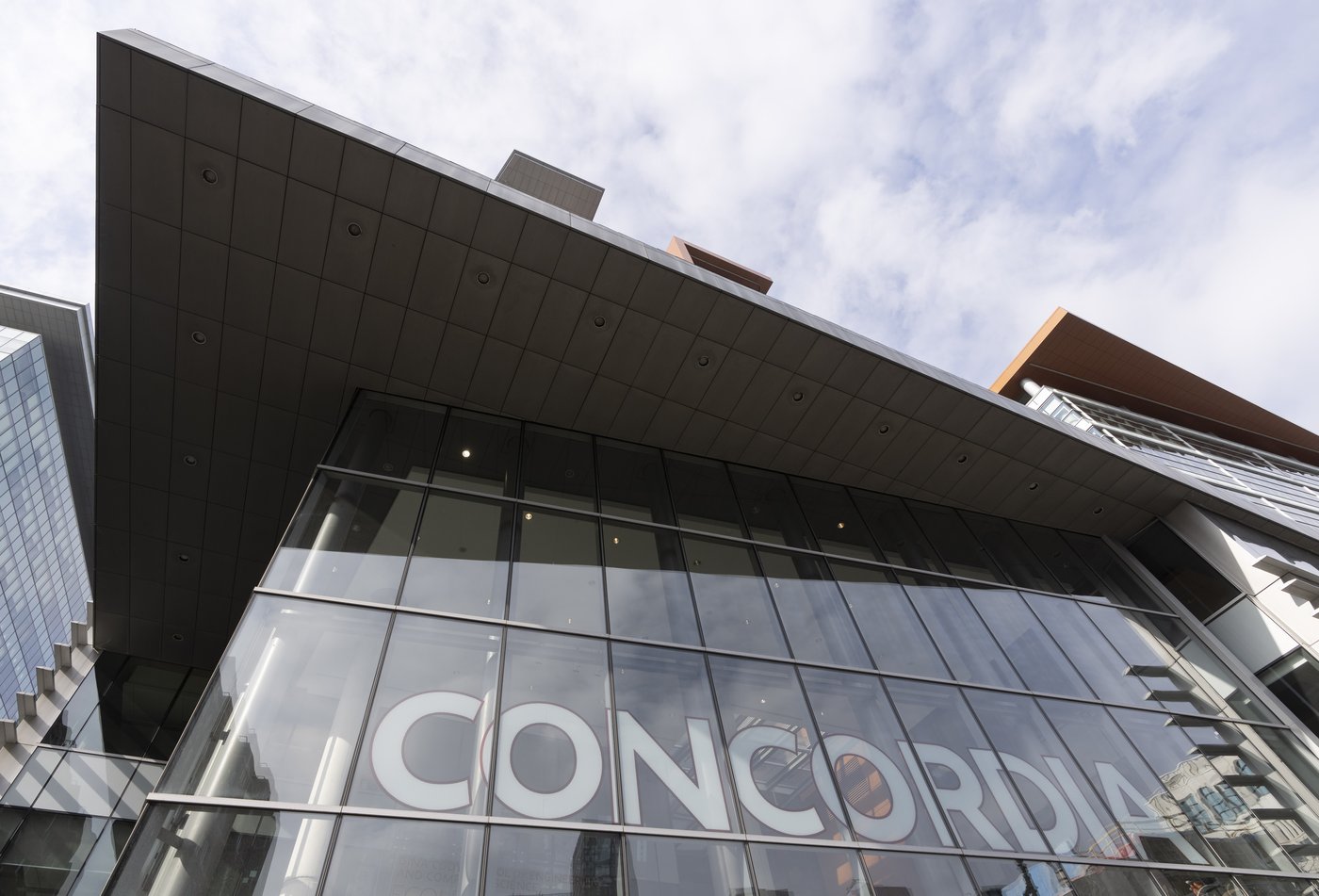
Concordia University celebrates ‘landmark’ fundraising year amid financial challenges
MONTREAL — The president of Montreal’s Concordia University says the success of the school’s most ambitious funding campaign ever is a heartening “statement of faith” that comes at a difficult time for Quebec and Canadian universities.
The university says its Campaign for Concordia: Next-Gen Now campaign has raised more than $365 million, surpassing its $350-million goal and the original $250 million objective set in 2017.
The campaign, which coincides with the school’s 50th anniversary, collected money from tens of thousands of donors, President Graham Carr said in a phone interview.
“I think it’s also a statement of confidence about the role that universities generally play in society,” he said. “People have a lot of areas where they could direct their philanthropic funding, and the fact that they want to invest in higher education, particularly at this moment in time, and support the ambition of Concordia going forward is also very heartening.”
The news comes as the school faces an unprecedented financial crunch, as well as government policies that Carr has previously said are intended to weaken the school.
While the success of the campaign is encouraging, Carr made it clear that the fundraising dollars go toward funding scholarships and other programs, and not the school’s operating costs.
“It allows us to provide support for students, it allows us to support some research and cool initiatives that we wouldn’t otherwise be able to,” he said. “But it’s not money that we can use in terms of the day-to-day operations of the university.”
Overall revenues are projected to decline year-over-year for the first time ever, according to a June budget update. The university has been running deficits “essentially since COVID,” Carr said, and is following a recovery plan to regain financial footing.
Carr has blamed the situation in part on a decline in international student enrolment due to restrictive immigration policies and the fallout from the province’s decision to hike tuition fees for out-of-province students.
In 2024, the school reported a nearly 30 per cent drop in enrolment of out-of-province students following the province’s decision to raise fees on those students by more than 30 per cent in a bid to protect the French language.
A Quebec Superior Court judge ruled in April that the hike was unreasonable and “not justified by existing and convincing data.” The ruling gave the government nine months to come up with a new plan.
Carr said the decision was welcome, but that damage has still been done — even though the university was able to fundraise enough money to offset the hike for the affected students. He said the number of out-of-province students has gone up this year, but is not back “in any way, shape or form” to where it previously was.
Interest from international students has also plummeted, he said, due to policies limiting student visas and a “dysfunctional” bureaucracy that results in long delays for processing at every step.
He said the university has had no choice but to continue pursuing cost-cutting measures, including pausing hiring, reducing course offering and raising class sizes.
However, he said the school will continue to highlight its positive contributions to Quebec society — including in teaching French — and hopes that the recent appointment of a new provincial higher education minister will provide a “fresh start.”
This report by The Canadian Press was first published Sept. 26, 2025.
Join the Conversation!
Want to share your thoughts, add context, or connect with others in your community?
You must be logged in to post a comment.


















